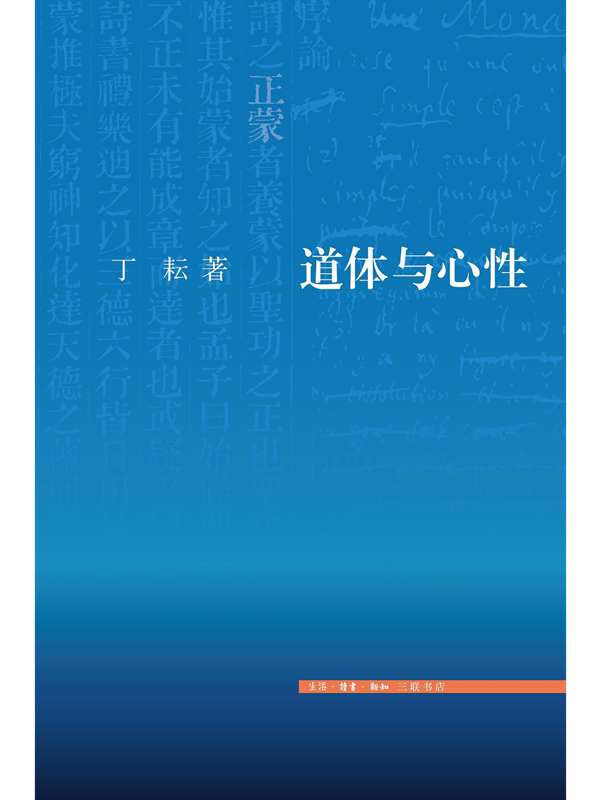
This book begins with the question of “shengsheng” (the generative process of life) and, through an exploration of the phenomenological turn, undertakes a dual endeavor. On the Western philosophical front, it systematically examines and reinterprets the philosophy of force represented by Spinoza and Leibniz, as a way of enriching the discourse on Taiyi theory. On the Chinese philosophical front, it explicates and reconstructs qi theory, deepening the study of Daoist Ontology, while addressing issues of subjectivity to respond to the enduring inquiry into “Disposition and the Daoist Ontology.” This comparative and integrative approach between Chinese and Western philosophy not only revitalizes qi theory rooted in the late Ming tradition but also engages with Western philosophical developments from the late medieval period, particularly post-Hegelian currents. The author argues that revisiting the philosophy of force will enable a deeper understanding of the historical transitions in Western thought while proposing a tempered pathway for the yet-uncompleted modern transformation of Chinese philosophy—an alternative to radical extremes.
